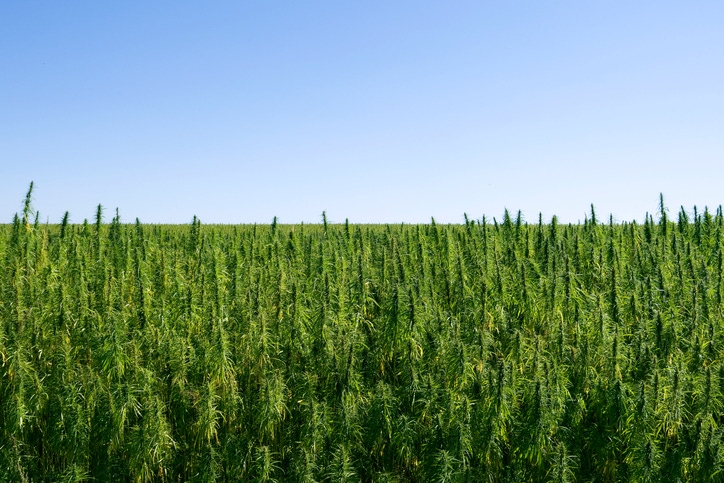FDA has sent a warning to a company that allegedly was putting delta-8 THC into products like gummies and cookies.

At a Glance
- FDA keeps foot on delta-8 THC enforcement pedal with warning letter.
- Firm was allegedly adding the psychoactive substance to foods.
- The foods — candies, gummies and cookies — especially appeal to children, which is a major concern for FDA.
The U.S. Food and Drug Administration has continued a focus on delta-8 THC enforcement with a warning letter to a Greensboro, North Carolina-based company that was allegedly adding the substance to foods.
The warning letter was issued to a firm known as GCHNC LLC that was doing business under several different names. The letter was dated Sept. 28, 2023, but was only posted to the public portal this month.
The letter alleges the firm was manufacturing a variety of food products that contained both delta-8 THC as well as CBD (cannabidiol).
The company allegedly was manufacturing cookies, gummies, candies and a honey product that contained delta-8 THC and/or CBD.
FDA concerns about delta-8 THC
In 2022, FDA issued a consumer update about its concerns with delta-8 THC. The agency listed five primary issues:
Delta-8 THC products have not been evaluated by FDA for safe use.
Adverse events have been reported in connection with these products.
Delta-8 THC has psychoactive and intoxicating effects.
Harmful chemicals may have been used to create the delta-8 THC concentrations claimed in the marketplace.
Delta-8 THC products should be kept away from children and pets.
Attorney: Risk to children loomed large
Attorney Rend Al-Mondhiry, a partner in the firm Amin Talati Wasserman, said this last concern seemed to have loomed large in the issuance of this particular warning letter.
“FDA, and I think rightly so, has focused on delta-8 THC products that resemble common foods, especially those that appeal to children,” she told Natural Products Insider during a phone interview.
“The concern is accidental consumption by children or even accidental over-consumption by adults,” Al-Mondhiry added. “We’ll probably continue to see FDA focus on this group of products that pose the greatest risk.”
In the warning letter, FDA noted there has been no GRAS (generally recognized as safe) determination for delta-8 THC, making any food containing it to be adulterated by definition. In addition, the letter noted that since CBD has been studied as a drug, adding it to a food (in this case one of the honey products the company was allegedly selling) renders it adulterated, too.
FDA said an administrative error prevented the timely posting of the warning letter.
The company did not immediately respond to a request for comment.
About the Author(s)
You May Also Like






.png?width=800&auto=webp&quality=80&disable=upscale)